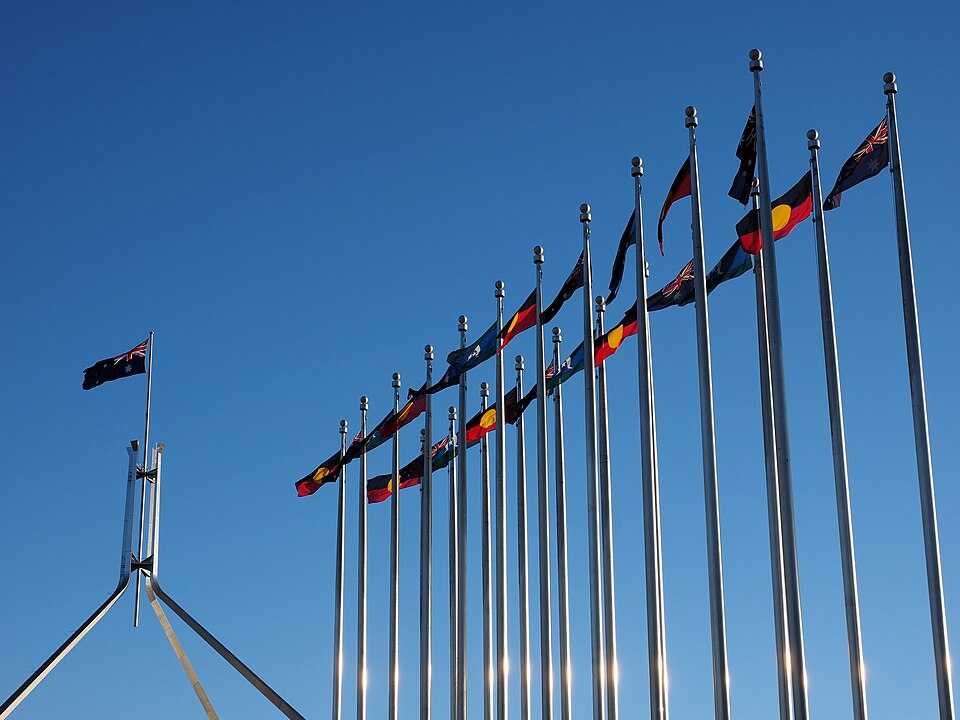This week in Australian foreign affairs: Prime Minister Anthony Albanese in China for annual leaders meeting; new initiatives on tourism and decarbonisation with China; Marles discusses Talisman Sabre, and more.
On 13 July, Prime Minister Anthony Albanese announced an agreement between Australia and China to boost Chinese tourism to Australia. The agreement was a key focus of Albanese’s trip to China, with “trade, tourism and Australian jobs a critical part” of his meetings. “Tourism Australia and Trip.com Group signed a Memorandum of Understanding (MoU) “that promotes Australia as a premier tourist destination for Chinese travellers as well as visitors from other key Asian markets.” According to the media release, “China is Australia’s largest tourism market by expenditure, with a total spend of $9.2 billion in the 12 months up to March 2025.” The announcement highlights the growth of Chinese tourism, increasing “at a faster pace than other international markets, with a 26% increase in visitors in the past 12 months and a total of 860,000 trips to Australia.”
Albanese delivered a speech on 14 July at a Steel Decarbonisation Roundtable in Shanghai. Australia and China’s iron ore and steel sector partnership has contributed to both countries’ economic development for decades. Currently, “steelmaking value chains are also responsible for 7 to 9 per cent of global emissions.” Achieving the goals of the Paris Agreement, Albanese remarked, “will require the decarbonising of steel value chains, presenting an opportunity for Australia and China to progress our long-term economic interests.” As trade remains a central pillar of the bilateral trading relationship, supporting jobs, investment and prosperity in both countries, both parties have a major stake in how the decarbonisation efforts develop. The prime minister “acknowledge[d] the significant work underway in Australia and China to develop technologies and policies to achieve these goals.”
In a second speech on 14 July, Albanese joined business leaders at the Fairmont Peace Hotel in Shanghai for lunch, celebrating the strength and maturity of Australia-China relations. He praised Australian business leaders for their role in growing bilateral trade and stabilising relations, stating “It is a relationship whose health and strength rests in no small part on your shoulders.” He reaffirmed the government’s policy of “co-operating where we can, disagreeing where we must, and at every step engaging in our national interest,” highlighting shared opportunities in renewable energy, trade, and tourism. Albanese also noted that “Shanghai epitomises what is one of the truly remarkable stories of our time: the economic development of China,” and underscored that dialogue, connection, and cooperation will shape the future of this critical relationship.
In a media release on 15 July, following Australia-China leadership meetings, Albanese announced a series of new initiatives. These include a “new Memorandum of Understanding on activating the built-in review mechanism of the China Australia Free Trade Agreement (ChAFTA)” to allow industry and the community to share views on how to improve the agreement. “Australia and China also signed export protocols to allow Australian mainland apple farmers – responsible for 90 per cent of Australia’s grown apples – to export to China for the first time and for Chinese jujubes to be imported from China.” Meanwhile, the countries have agreed to establish a new Policy Dialogue on Steel Decarbonisation.
On 15 July, Deputy Prime Minister and Minister for Defence Richard Marles held a doorstop interview on Talisman Sabre exercises in Queensland. The 2025 exercise is the 11th iteration of Talisman Sabre and the largest. Thirty-five thousand personnel from 19 countries are participating. While largely a bilateral exercises between Australia and the United States, other countries are invited to participate. It is the first time Talisman Sabre is operating offshore in Papua New Guinea. Marles described this as “a very significant step forward in terms of our relationship with the PNGDF.” He also mentioned that Australia is “negotiating right now Defence cooperation arrangements with Papua New Guinea, which builds on the Status of Forces Agreement that dates back to the 1970s that we have with Papua New Guinea, and we are seeing much greater activity between our two countries.
Dr Adam Bartley is the managing editor for AIIA’s Australian Outlook and weekly columnist for The Week in Australian Foreign Affairs. He is a former Fulbright Scholar and non-resident fellow at the Elliot School for International Affairs, the George Washington University. Adam also has positions as post-doctoral fellow at the Centre for Cyber Security Research and Innovation RMIT University and as program manager of the AI Trilateral Experts Group. He can be found on Twitter here.
This article is published under a Creative Commons License and may be republished with attribution.




